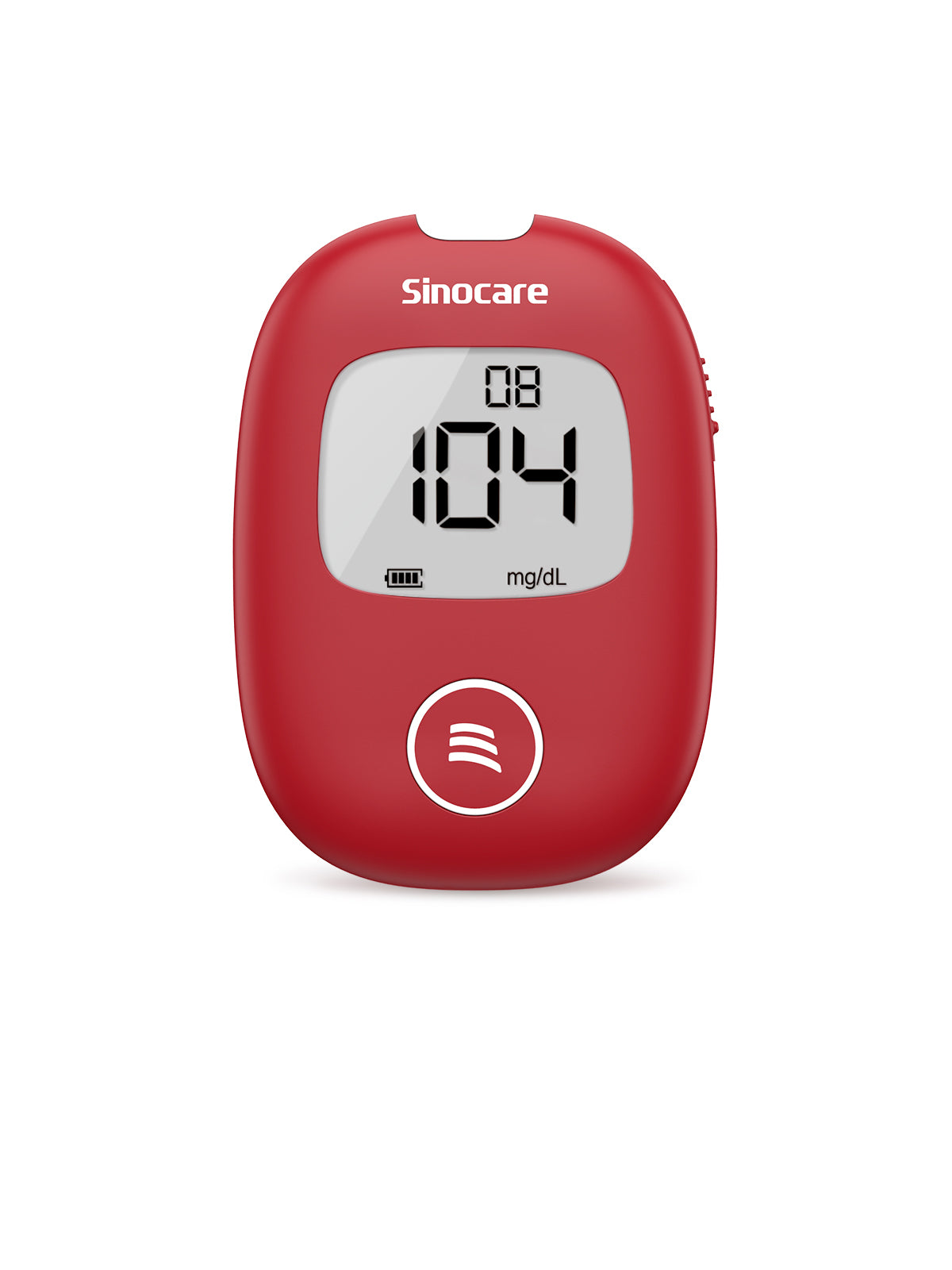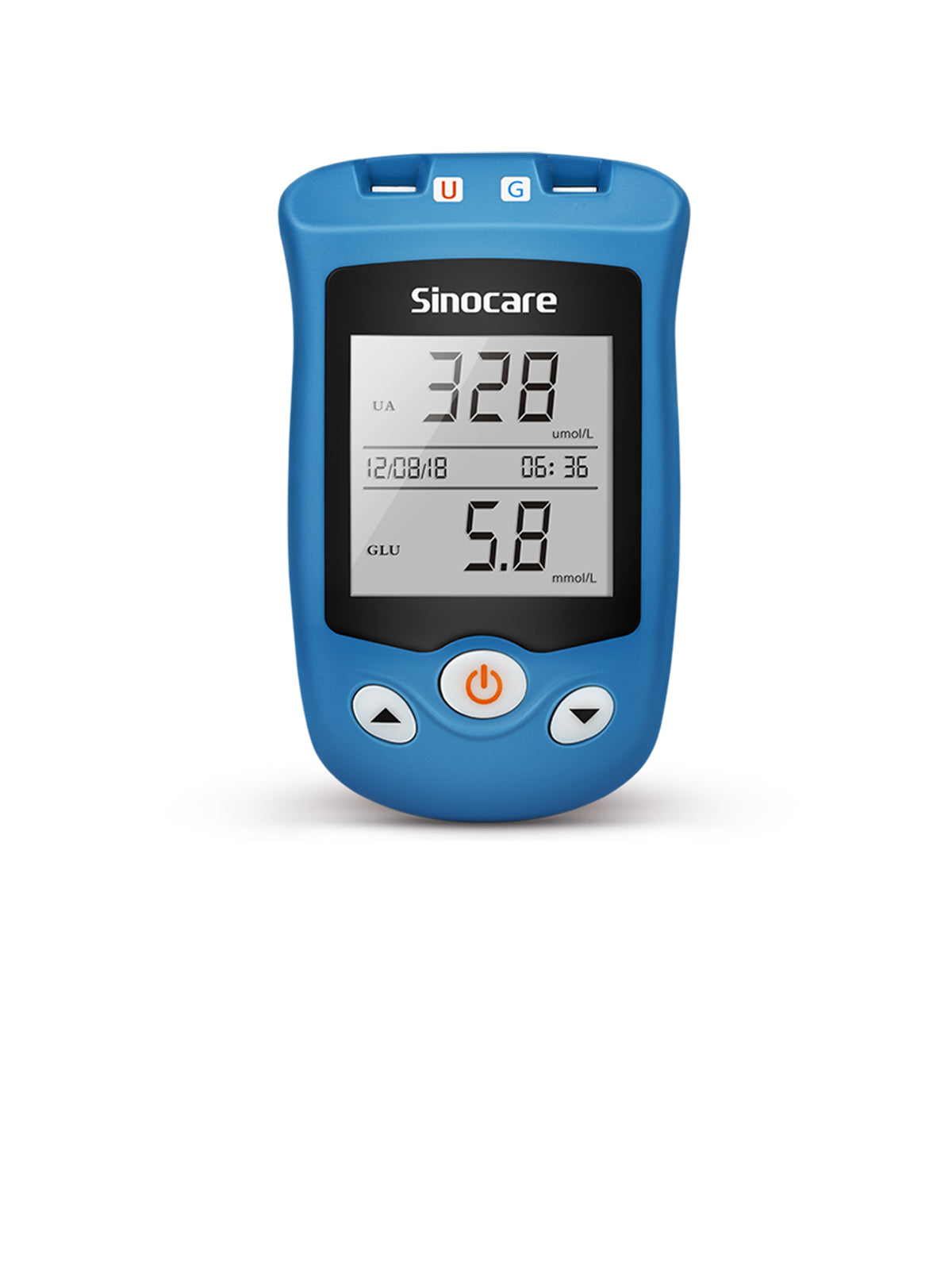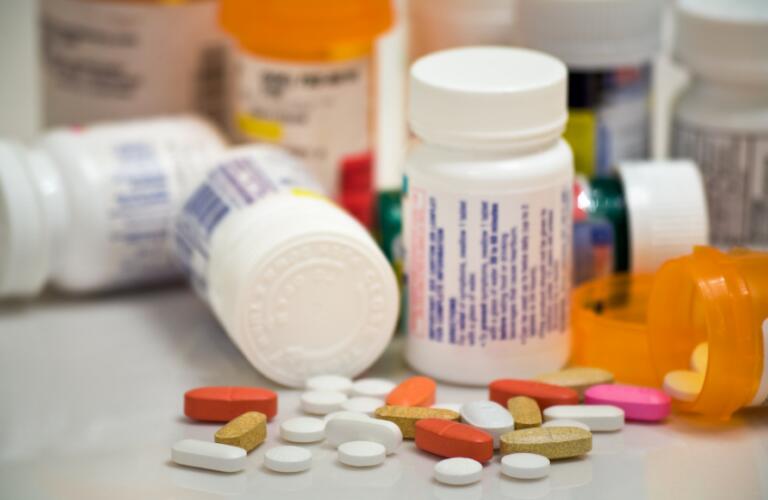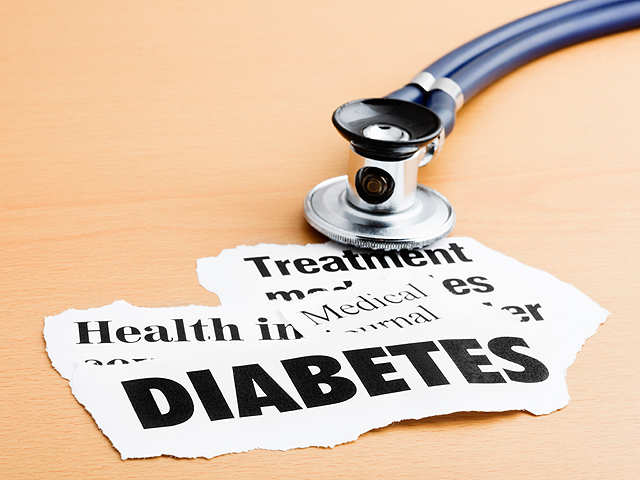Some medications used to treat common conditions can raise blood sugar levels; therefore, it is important to know them, because they can interfere with the treatment of pathologies such as diabetes.
As a result, for a person suffering from diabetes it is vitally important to have good control of his condition, since hyperglycemia (that is, a high level of sugar in the blood) can cause serious health problems, such as kidney failure, cardiovascular disorders and diabetic retinopathy. Symptoms related to hyperglycemia usually never appear abruptly, but rather in a gradual form; for this reason, in some cases diabetic patients, not having obvious symptoms, do not even realize that they are suffering from hyperglycemia. On the contrary, other people note that they are thirstier than usual and, despite drinking a lot, continue to have dry mouth. Other more or less common symptoms can be: increased hunger, blurred vision, weight loss, increased drowsiness, prolonged fatigue.
What are the drugs that can increase blood sugar?
When taking medications to treat other diseases, some of them can induce hyperglycemia as a side effect, and in the presence of diabetes this can be very dangerous. The drugs that can raise blood sugar levels are these below, with a brief description of their medical function:
- Corticosteroids
Glucocorticoids are those that, in general, can most affect the glycemic level. These drugs are widely used in the treatment of common conditions such as systemic inflammation, asthma, skin problems, allergies, and so on, but these drugs raise blood sugar levels quickly and significantly. Therefore, a person with diabetes who needs to use corticosteroids should always do so under medical supervision.
- Drugs for the treatment of AIDS
Protease inhibitors for HIV, when taken for a long time, can cause hyperglycemia, induced diabetes and imbalance in pre-existing diabetes. In these cases, continuous medical monitoring is necessary, whether the patient is diabetic or not.
- Antihypertensive drugs
Those who suffer from hypertension are often forced to take diuretic drugs; these drugs possess a hyperglycemic effect but can be considered negligible when compared to the favorable ratio in hypertension. On the other hand, diuretic drugs expose to a significant risk of dehydration and therefore, in these cases, both hyperglycemia and renal function should be monitored.
- Statins
Statins are drugs used to treat hypercholesterolemia, and depending on their dosage they can generate hyperglycemia. However, given their importance in secondary cardiovascular prevention, taking such drugs has many benefits despite the side effects.
- Beta-blocking agents
Beta-2 adrenergic agonists are administered in obstetrics and in the treatment of severe asthma attacks, and they can lead to an increase in blood sugar if the intake is prolonged.
- Hormonal contraceptives
The use of contraceptives containing estrogen or progestin should be limited in patients with diabetes, not so much because of the possibility of having hyperglycemia but because of the possibility of developing associated cardiovascular diseases, which are a serious risk for people with diabetes.
However, always follow your doctor's recommendations, whether you're taking medications that can raise your blood sugar or for more information about it. This will help you avoid drug interactions that can cause health problems.
Can certain medications be the cause of diabetes development?
Many people often claim that because of a given drug they got diabetes as a result. In general, this is not true, but there are some cases where this may be true. Some categories of drugs prescribed for long-term therapies, in different ways, have as a secondary effect a marked increase in blood sugar, but the body almost always manages to react to the challenge posed by the drug and still maintain normal blood sugar; however, there are cases in which what we can call a "temporary diabetes" develops, which then tends to subside when the treatment ends or is suspended. Finally, there are also cases in which the therapy creates imbalance in an already unstable complex, and anticipates a permanent diabetes that perhaps sooner or later would have manifested itself anyway.
Obviously, these effects are well known to any specialist doctor, so if a doctor prescribes these therapies, it is because they are very effective therapies that do not have valid alternatives. However, medical research continues, and for this reason new innovative versions of these medicines are always being developed, such as to reduce diabetogenic side effects.
Looking at the issue in detail, the most common medications that can create or anticipate type 2 diabetes are definitely corticosteroids. As mentioned above, these are powerful anti-inflammatories and are active ingredients similar to cortisone, naturally produced by the body and with a function naturally opposite to that of insulin. Just cortisone a few hours before waking up and in times of stress naturally increases the share of glucose in the blood, so taking corticosteroids causes the same effect.
So, in case it is necessary to undertake a long-term therapy, first of all the doctor will evaluate the risk that the patient has of developing diabetes on the basis of the usual risk factors, then he can recommend physical exercise and a diet low in simple sugars and a frequent control of blood sugar even at home. It is also advisable to carry out periodic blood glucose checks, especially if the blood sugar exceeds the alert levels, so as to be able to set up a therapy with metformin or pioglitazone.
Another cause of the development of diabetes can be anti-psychotic drugs, as a result of rapid weight gain. The effect is relevant, although it is a little less pronounced in second-generation drugs. On the other hand, these drugs treat very serious, disabling and dangerous ailments for the subject, so when necessary surely the psychiatrist will recommend reducing the obesity effect of the drug with a practice of physical exercise and with moderate nutrition. Recently, some studies show how the simultaneous administration of Metformin in these subjects, although not yet diabetic, reduces the risk of developing the disease thanks to the action on weight and especially on insulin resistance.
The same goes for protease and reverse transcriptase inhibitors that have allowed HIV-positive people to control that very serious and often deadly syndrome that is AIDS. These drugs have a hyperglycemic effect as they reduce the secretion of insulin by the betacell, but on the other hand they literally keep the patient alive. Diabetes at this point is a relatively limited price to pay.
Fears about the diabetogenic effect of statins are very limited, as diabetogenic effects are documented only on very high dosages that are prescribed only in particular situations.
But if you are taking any of these medications that can cause diabetes, what should you do? Probably change your lifestyle habits, increase physical exercise and reduce the number of calories, so as to compensate at least in part for the effect of drugs. It is also advisable to monitor your blood sugar frequently both on an empty stomach and after meals. Finally, it is necessary to follow any advice received from the doctor on how to counteract the diabetogenic effects of the therapy that must be followed.
Tips for Managing Medication That Affects Blood Glucose
In spite of these risks, you may find that you need to take one of these medications when treating your diabetes. Luckily, there are steps you can take to help control your blood sugar.
Pausing before taking a new medication immediately. "Patients should always consult with their pharmacist or their physician before starting any new over-the-counter medication," Vivian says.
Work with your primary diabetes physician to resolve the problem. If a specialist such as an orthopedic surgeon or psychiatrist prescribes a new medication, consult with your certified diabetes educator or primary care physician to ensure it can be taken and coordinate any necessary adjustments to your diabetes medication, Hsieh says.
Make changes in diet and exercise. If you are taking medications that may affect your blood sugar control, prioritize diet and exercise. "Physical activity and healthy nutrition help prevent significant spikes, so we may not have to make aggressive changes to our medication regimen," Vivian says.
References:
- Cherney K. A Complete List of Diabetes Medications. Healthline. http://www.healthline.com/health/diabetes/medications-list#Overview1. Updated, October 21, 2014. Accessed February 15, 2016.
- Clinical Pharmacology. http://www.clinicalpharmacology-ip.com.ezproxy.hsc.usf.edu/default.aspx. Accessed February 15, 2016.
- Dailymed. http://dailymed.nlm.nih.gov/dailymed/. Accessed February 15, 2016.
- Lexicomp. http://online.lexi.com.ezproxy.hsc.usf.edu/lco/action/home. Accessed February 15, 2016.
- Mayo Clinic Staff. Type 1 diabetes: Treatments and drugs. http://www.mayoclinic.org/diseases-conditions/type-1-diabetes/basics/treatment/con-20019573. August 2, 2014. Accessed February 15, 2016.
- Mayo Clinic Staff. Type 2 diabetes: Treatment. Retrieved from http://www.mayoclinic.org/diseases-conditions/type-2-diabetes/in-depth/diabetes-treatment/ART-20051004?pg=2. September 20, 2014. Accessed February 15, 2016.
- Micromedex.http://www.micromedexsolutions.com.ezproxy.hsc.usf.edu/micromedex2/librarian/. Accessed February 15, 2016.
- What I need to know about diabetes medicines. Retrieved from http://diabetes.niddk.nih.gov/dm/pubs/medicines_ez/. February 19, 2014. Accessed February 15, 2016.
- Ganda, Om P. “Statin-induced diabetes: incidence, mechanisms, and implications.” F1000Research vol. 5 F1000 Faculty Rev-1499. 24 Jun. 2016, doi:10.12688/f1000research.8629.1
- Vue, Mays H., and Stephen M. Setter. “Drug-Induced Glucose Alterations Part 1: Drug-Induced Hypoglycemia.” Diabetes Spectrum, American Diabetes Association, 1 Aug. 2011, spectrum.diabetesjournals.org/content/24/3/171.
- 7 Common Meds That May Make It Harder to Control Your Blood Sugar. Retrieved from https://www.everydayhealth.com/type-2-diabetes/treatment/medications-may-affect-blood-sugar-control-diabetes/. Reviewed: March 6, 2018










Leave a comment
All comments are moderated before being published.
This site is protected by hCaptcha and the hCaptcha Privacy Policy and Terms of Service apply.